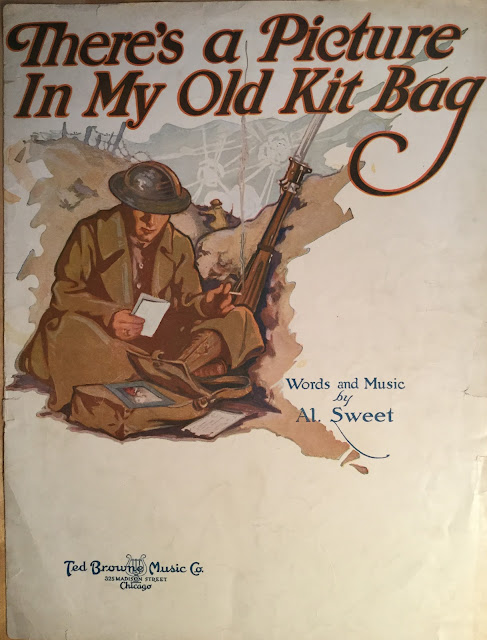After reading Wiley Cash's fantastic historical fiction novel The Last Ballad I bought A Land More Kind Than Home. I sped through this Southern Gothic novel, its dark and unsettling sense of dread drawing my interest. The details of place and culture are outside my scope of experience, but the insights into human nature are universal.
A con-man turned preacher takes over a church. Hidden from view by newspapers taped over the windows, worship involves faith healing, poison, fire, and snakes. Also hidden from view is the pastor's abuse of power over his parishioners and their blind trust that allows him full rein.
"It was like Mama was lost in the desert and had gotten so thirsty that she was willing to see anything that might make her feel better about being lost." from A Land More Kind Than Home
One woman dares stand up to the pastor and demands the children stay out of worship. She teaches them in Sunday School in her home. It is her way of protecting them. She knows first hand that the pastor is a dangerous false prophet and has singled her out as his enemy.
"People out in these parts can take hold of religion like it's a drug, and they don't want to give it up once they've got hold of it." from A Land More Kind Than Home
Most affecting in the novel are the stories of the children. They see things that are hidden and confusing, and ultimately are targeted by the pastor.
When a child dies during worship an investigation ensues; the action rises to propel the reader to the conclusion, in which a form of justice dealt out, after which the community begins to heal.
"It's a good thing to see that people can heal after they've been broken, that they can change and become something different from what they were before. Churches are like that. The living church is made of people, and it can grow sick and break just like people can, and sometimes churches can die just like people died...A church can be healed, and it can be saved like people can be saved." from A Land More Kind Than Home
Cash was inspired by a true story.
Getting Personal
The title is from Thomas Wolfe's You Can't Go Home Again:
"Something has spoken to me in the night, burning the tapers of the waning year; something has spoken in the night, and told me I shall die, I know not where. Saying: “To lose the earth you know, for greater knowing; to lose the life you have for greater life; to leave the friends you loved, for greater loving; to find a land more kind than home, more large than earth.Whereon the pillars of this earth are founded, toward which the conscience of the world is tending-a wind is rising, and the rivers flow.”
















































